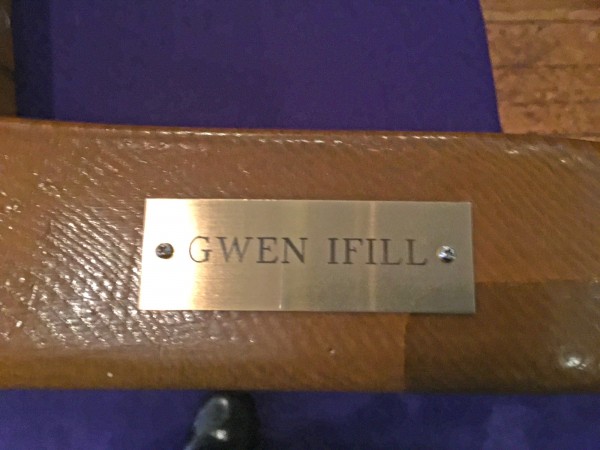The National Black Republican Committee has a hard time appealing to African Americans. But, every election cycle, Republicans remember that it is no longer an advantage to be the party of White sanctuary, anchored in the South. They dust off their cross-race appeals, and revive the memory of the "party of Lincoln."
This year the Republican Committee was bankrolled to put a radio ad on the air laying claim to the Rev. Martin Luther King Jr. as a Republican.
The ad, of course, is an insult. The Rev. King was raised in Atlanta in a family that was opposed to segregation — and thus opposed to the Southern barons of the Democratic Party who were the guardians of legal apartheid at the time.
As an oppressed minority, African Americans vote their interest, not one party or another. They were Republicans after the Civil War, joining the party of Lincoln in legions. They voted for Roosevelt and the New Deal, turning against a Republican Party that had become the party of privilege. When Eisenhower said he'd go to Korea — and get the troops out — African Americans turned to him. As a young boy, I remember folks in my neighborhood wearing "I Like Ike" buttons.
Then in the sixties, it began to change. John Kennedy reached out to the Rev. King in his Montgomery jail cell — and Nixon did not. Daddy King organized a mass movement of African Americans to vote for Kennedy, helping him dramatically in his razor-thin victory. Then Lyndon Johnson — under great pressure from the civil rights movement — led the effort to pass the civil rights laws and the Voting Rights Act. Barry Goldwater scorned federal support for civil rights. African Americans voted in overwhelming numbers for Johnson — and the Republican Party started to adopt a "Southern strategy," becoming the home of those who resisted equal rights.
The Rev. King always believed in maintaining his independence. But he supported Kennedy and campaigned openly for Johnson. He openly opposed Johnson when the war on poverty was lost in the jungles of Vietnam. But he believed strongly in the labor-Black coalition politics of the Democratic Party — and gave his life marching for sanitation workers struggling to organize in Memphis.
Ronald Reagan knew the signals. He began his 1980 campaign in Philadelphia, Miss., talking about state rights and local control. Philadelphia was hard to get to, and not exactly a media hub. It was famed only for one thing: It was the place where segregationists had murdered Schwerner, Goodwin and Cheney. Reagan sent his signal. The Republican Party was becoming the party of Jefferson Davis, not the party of Lincoln. The Rev. King would have been bitterly disappointed had he been alive.
Today, the Republican Party is anchored in the Southern politics of racial exclusion. It draws its leaders from the White South. Bush knows the signals too. He announced he would seek to repeal affirmative action in the Supreme Court, the day after celebrating the Rev. King's birthday.
Was the Rev. King a Republican? Not this Republican Party. The ad is a burlesque — like those who claim that the Rev. King would be opposed to affirmative action, because his dream was of a world where we would be measured by the content of our character, not the color of our skin.
That is Dr. King's dream, but he knew well the shackles left by slavery, segregation and poverty. You can't expect someone who has chains on his feet to compete equally with someone who has springs on his. Affirmative action was needed not simply to open doors, but to level fields.
Dr. King wanted much more. He believed that poverty in the richest nation in the world was unconscionable. He believed that no society could long endure that devoted more of its resources to war than to providing opportunity. He marched on Washington not as a dreamer, but to demand the redemption of a check that had bounced, marked insufficient funds. Against the advice of many of his supporters, he spoke against the war in Vietnam not only because it was immoral, but because it was consuming the resources, lives and attention so vital to make our own society better.
Republicans can still appeal to African American and Latino voters. But it will take more than slick advertising and election year slogans. They'd have to turn back to the tradition of Lincoln, and turn against the race-baiting, gay-baiting, immigrant-bashing politics that has become their stock in trade. And they'd have to develop a real agenda that addresses the interests of poor and working people. No wonder the National Black Republican Committee finds distortion easier.
The Rev. Jesse Jackson Sr. is founder and president of the Rainbow/PUSH Coalition






















































































































































































































































































































